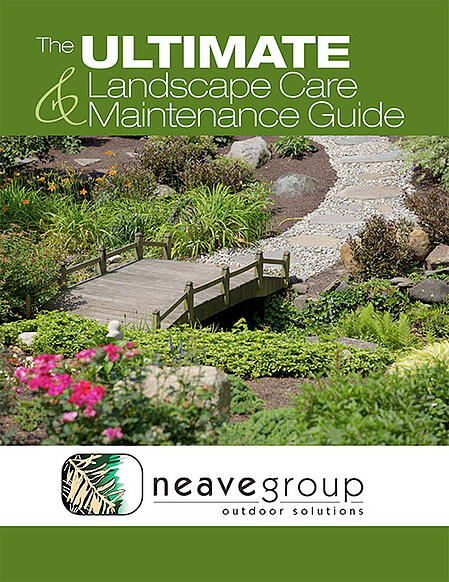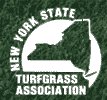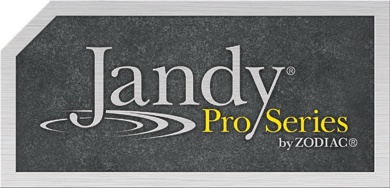So, who out there loves raking and bagging leaves in the fall? Raise your hands.
Anybody?
Anybody?
We didn’t think so. There’s a good chance you consider fall clean-up and raking leaves one in the same. But what are your options? And is it as simple as a “rake leaves or leave them” decision?
Here’s the good news: raking and bagging leaves, well, you can ditch it. Instead, just mow over those fallen leaves to chop them into tiny bits. It’s called mulching, and it saves you work and also improves your lawn.
Let’s take a look at how mulching leaves vs. raking and bagging them is the best idea since hot cider.
Is Mulching Leaves Good For Your Lawn?
As the chopped leaves decompose, they boost the soil with valuable nutrients. Your lawn will get a great nitrogen boost — like free fertilizer.
Mulch your leaves for three years, and you’ll see a drastic decrease in dandelions and crabgrass, according to studies at Michigan State University. And when spring arrives, you’ll notice a greener lawn.
How To Mulch Leaves Into Your Lawn
There are mulching mowers made specifically for the job, but experts say your regular lawn mower will work just fine. A few things to keep in mind, though:
- You may just need to make an extra pass or two over the leaves.
- Take the grass catcher off your mower and set the blade to the highest setting.
- Then, just mow over the leaves.
The goal is to chop the leaves into dime-size pieces. The shredded leaves will soon filter through the grass and disappear from sight. Once the shredded leaf bits settle in, microbes and worms get to work recycling them.
Do this every year, and your lawn’s health will actually improve and help keep dandelions and crabgrass at bay.
When Should I Start Mulching Leaves?
Get mulching as soon as the leaves start falling. They’ll decompose faster while the soil temperatures are still warm.
Waiting until the end of fall will be hard on your mower and will give you a thicker mat of mulch that could smother your lawn — exactly what you don’t want. If you have a lot of leaves, plan to mow them at least once a week.
Why You Shouldn’t Leave Your Leaves Whole On Your Lawn
Leave the leaves as is, and they’ll block sunlight and air from reaching the grass. When it rains, the leaves will turn into a soggy, matted mess. The lack of light and air circulation can cause turf diseases or even kill your grass.
Leaf Mulching Tips
It takes hours to rake and bag leaves. Then, you might pay to have them picked up and they often end up in landfills. Mulching is easier, cheaper, and sends free nutrients into your soil, which your lawn will love. Here are some good tips to make your first round of leaf mulching a successful one:
- If you use a mower that blows your leaf mulch out to the side, start mowing on the outside edge of your lawn, shooting the leaves toward the middle of the yard. This way, you’ll mow over the leaves more than once. This also keeps the leaves from blowing onto your sidewalk or driveway.
- And If the leaves are still in fairly large pieces after your first pass, go back over the lawn at a right angle to your first cut.
- Remember, the drier the leaves, the easier it is for your mower to chop them up.
Leave Your Leaves To Neave
We hope we helped you pick a side on the rake leaves or mow them debate. But if you’d rather watch football, sip cider and carve pumpkins than deal with your leaves at all, call the pros at Neave Landscaping.
Our professionals can take care of all your fall clean-up needs, making sure your landscaping is primed and ready to head into winter.
We’ll prepare your lawn for the frost, taking care of your leaves and ensuring that all irrigation systems are properly closed off to prevent damage from frozen water and clearing any debris.
You want your lawn in perfect condition before the temperatures drop and winter roars in.
If you’re in the Hudson Valley, call us at (845) 463-0592. If you’re in Westchester County, call (914) 271-7996; from Connecticut, dial (203) 212-4800. Or, fill out our simple web form, and we’ll contact you about setting up your free consultation.























